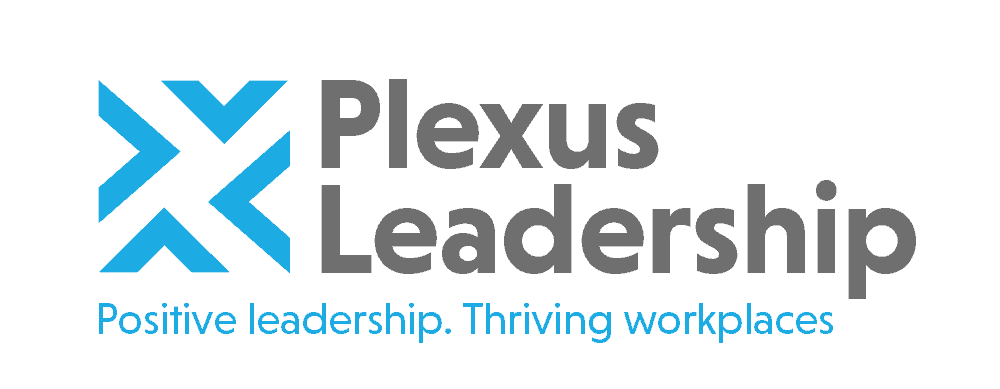Most Tech and Digital leaders we work with have an excellent grasp of their products, customers, commercial strategy and and new technologies required for success. However, many still underinvest in their people strategy and developing the emotional and social intelligence needed to create a thriving work culture and business. This can lead to a host of people problems, including high unwanted turnover, low morale, low productivity and reputational damage to the business. In today’s increasingly transparent world, where bad news travels fast through the Web and social media, a lack of emotional and social intelligence among leaders can damage not only financial results, but also the reputation of the company as a good employer.
What is emotional intelligence?
Emotional intelligence involves being able to recognize, understand and manage our emotions. According to the best-selling author and emotional intelligence expert, Daniel Goleman, its has 5 key elements:
- Self-awareness
- Self-regulation (including controlling one’s anger and other potentially disruptive emotions)
- Motivation
- Social skills
- Empathy
What does a lack of emotional intelligence look like?
If leaders aren’t emotionally intelligent, they struggle to recognize and mitigate their weaker areas, build trust and respect with co-workers (including those they lead). They tend to lack social intelligence too, meaning they can’t deal effectively with more complex social situations.
What is social intelligence?
Social intelligence is the ability to successfully build and maintain positive relationships and navigate social situations, including stressful interpersonal events and complex organizational politics.
Although cognitive intelligence abilities (including critical thinking, verbal reasoning and numerical reasoning) are undeniably important for success, Tech and Digital leaders often overemphasize them in the hiring and development of new people. Research shows that emotional and social intelligence are just as important, perhaps even more so than cognitive intelligence. They are found to predict greater levels of success across a wide variety of positions, especially in leadership and management roles.
How can Tech and Digital leaders develop their emotional and social intelligence?
Develop self-awareness and a learner mindset
Self-awareness and a curious, learner mindset are at the heart of emotional intelligence. You can only build collaborative and high-performing teams if the top team and managers at all levels are open to learning and receiving feedback from others. This requires regular 360-degree feedback on strengths and development areas, give employees a greater voice by encouraging upward feedback and effectively facilitated team development sessions where leaders can share honest feedback with one another.
Hire for emotional and social intelligence
Rather than only hiring for experience and job-relevant skills, Tech and Digital companies should ensure their selection process includes emotional and social intelligence as key hiring criteria. This is particularly relevant when new managers and leaders are being hired. Scientifically validated personality and work styles questionnaires, together with assessment centers, can improved the way these qualities are measured. When combined with behavioural interviews, these methods will provide better insights into how effective candidates will be when performing tasks requiring these vital skills and qualities.
Build a work culture that encourages upward challenge
High quality decision-making is reliant on listening to diverse views and encouraging open dialogue. It is the job of a leader to create an environment where all employees feel they have a voice in decisions. Encouraging, rather than stifling, debate is key. Creating a culture of inclusivity and psychological safety will ensure everyone who the decision impacts has an opportunity to share their views and ideas. This, in turn, will promote a greater sense of belonging and accelerate creative thinking and innovation.
Invest in people’s wellbeing
As we’ve learned during the Pandemic, people who are mentally and emotionally resilient are more likely to perform better and persevere harder. This is especially true during periods of rapid change or during highly stressful periods such as product launches, turnarounds or downturns in the economy. However, mental and emotional toughness is not innate. We develop it through experience and learning from others around us, including our leaders and managers. Even the most resilient people experience setbacks and need support and understanding to get beyond these. It is vital for leaders and managers to show empathy, understanding and compassion in the way they manage people, but especially during these challenging times. The wellbeing of the workforce should therefore never be seen as a “nice to have”, but as an essential part of any modern and progressive people strategy.
Other Posts

About the Author
James Brook
Founder and CEO | Leadership and Talent Management Expert | Consultant and Executive Coach
James is a leadership and talent management expert, business consultant and executive coach. He has over 25 years’ experience working with leaders, teams and organizations around the world to optimize their performance, talent and future success. James specializes in leadership and talent assessment, development and change; unlocking positive, high-performing teams and organizations; crafting and implementing purpose-driven strategies and accelerating creative thinking and innovation. He has particularly strong expertise in innovative sectors such as Tech, Digital, Online Retail, Luxury and Life Sciences.
James coaches, supports and advises leaders and teams globally across diverse industries and geographies. Clients he has worked with include Allen & Overy, Commvault, Equinor, Facebook, Farfetch, GSK, Hilton, John Lewis, LVMH, Novartis Pharmaceuticals, NHS, Oracle, Sainsbury’s, Swiss Re, Tesco, Takeda Pharmaceuticals, WSP and Yahoo!.
James has a Master’s in Organizational Psychology, an MBA, an Advanced Diploma in Executive Coaching and a Harvard Business qualification in Sustainable Business Strategy.
James is also an author and speaker on leadership, talent management and the future of work. His most recent book, Optimize Your Strengths, explores how leaders can create thriving workplaces by inspiring and supporting people to optimize their potential and teamwork to deliver breakthrough results.





